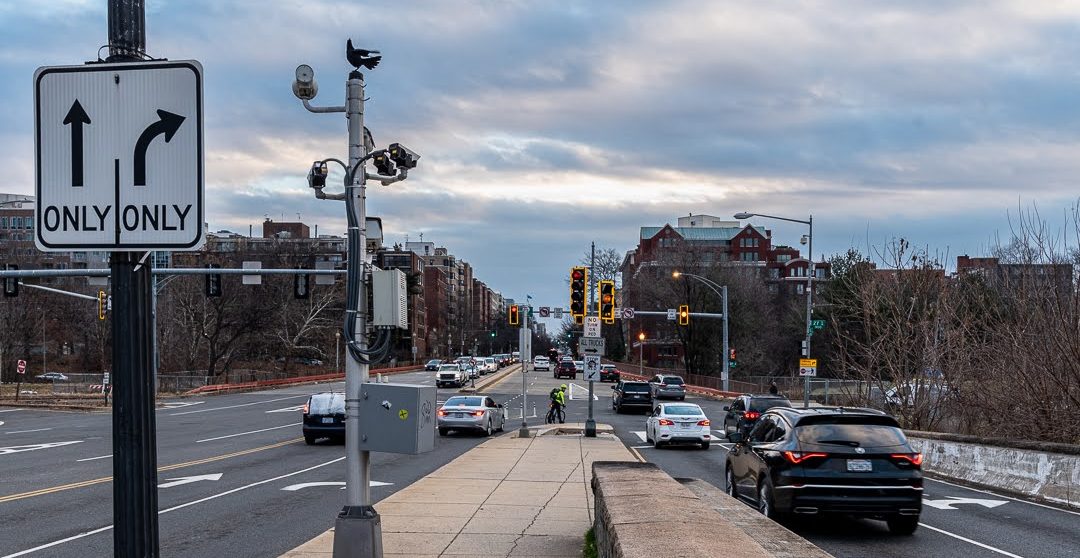
This weekend's Wall Street Journal has an massive, full-page report on bike friendly cities in Europe. Initially the arguments for more biking were mostly about health and congestion, but in the last year concern for the environment has become an important factor compelling people to travel by bicycle:
Flat, compact and temperate, the Netherlands and Denmark have long been havens for bikers. In Amsterdam, 40% of commuters get to work by bike. In Copenhagen, more than a third of workers pedal to their offices. But as concern about global warming intensifies -- the European Union is already under emissions caps and tougher restrictions are expected -- the two cities are leading a fresh assault on car culture. A major thrust is a host of aggressive new measures designed to shift bike commuting into higher gear, including increased prison time for bike thieves and the construction of new parking facilities that can hold up to 10,000 bikes.
The new measures in Amsterdam and Copenhagen add to an infrastructurethat has already made biking an integral part of life. People haulgroceries in saddle bags or on handlebars and tote their children inmultiple bike seats. Companies have indoor bike parking, changing roomsand on-site bikes for employees to take to meetings. Subways have bikecars and ramps next to the stairs.
The rest of Europe is paying close attention. Officials from London, Munich and Zurich (plus a handful from the U.S.) have visited Amsterdam's transportation department for advice on developing bicycle-friendly infrastructure and policies.
Officials from some American cities have made pilgrimages to Amsterdam. But in the U.S., bike commuters face more challenges, including strong opposition from some small businesses, car owners and parking-garage owners to any proposals to remove parking, shrink driving lanes or reduce speed limits. Some argue that limiting car usage would hurt business. "We haven't made the tough decisions yet," says Sam Adams, city commissioner of Portland, Ore., who visited Amsterdam in 2005. There has been some movement. Last month, New York Mayor Michael Bloomberg announced a proposal to add a congestion charge on cars and increase the number of bicycle paths in the city. It would also require commercial buildings to have indoor parking facilities for bikes.
Photo: Aaron Naparstek





